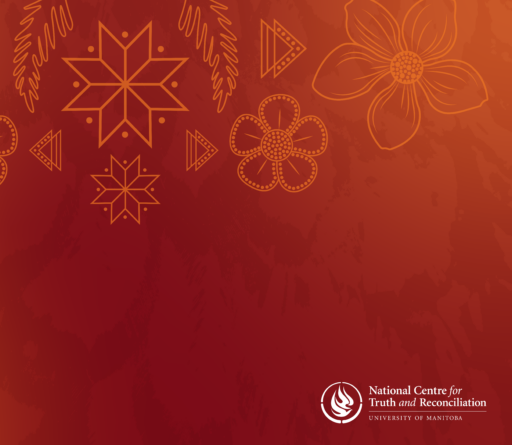College Blog
Lauren Quinn, PT Student – Clinical placement at the College of Physiotherapists of Ontario
When I learned that I would be completing my clinical placement at the College of Physiotherapists of Ontario, I was apprehensive. In the world of PT students, I have found that the College is often misunderstood and sometimes negatively perceived.
From creating standards to performing practice assessments, aka “audits,” to discipline hearings, my impression was that the College would be disciplinarian-like…but I could not have been more wrong. Within hours of working there, I quickly learned how supportive the College is to its members and how valuable a resource the staff are to all.
Some people may see the College as an enemy to PTs because of its duty to protect the public. What might not be clear to all is that the College protects the public by actually working withphysiotherapists to make sure they are ethical, competent and safe practitioners.
Being self-regulated is a privilege.
Why would I spend my time and my resources to become a trained physiotherapist if anyone could call themselves a PT and open their own practice?
As a future PT, I am comforted knowing that the College is there to maintain the reputation of the physiotherapy profession and ensure the competency of practicing members.
Practice Assessments
When a PT thinks of the College, they most likely think about—and dread—the possibility of being selected for a practice assessment. That dread comes from a lack of understanding.
I believe many PTs aren’t aware of the true nature of these assessments. Assessments are not designed to trick and punish PTs, but instead the College’s goal is to have members improve their practices based on their own reflections and a structured discussion with a peer.
The assessment questions are available on the website and PTs can choose their own charts for discussion. Using this approach, the College hopes that PTs will be able to identify and correct any behaviour that may not meet the standards of practice before the assessment.
I was pleasantly surprised to learn that after the assessment is complete, members are allowed to make a submission to the College to share how they have improved their practice if there were areas for improvement. If the member was unable to show that the assessment gaps have been addressed, the College then works closely with that PT to help them to meet the standards by giving them resources or setting them up to work with a peer coach.
Concerns, Complaints and Investigations
Similarly, investigations into concerns about health professional’s behaviour follow a fair and objective process. The College always assumes its members are professional, ethical and competent until there is evidence to prove otherwise. Complaints are thoroughly investigated and the members are encouraged to make a written response to share their side of the story.
Typically, very few complaints are referred to the Discipline Committee, with most issues requiring no action or some form of remediation.
It’s all about the College’s desire to protect the public by coaching physiotherapists to improve and making use of remediation. The College reserves strict disciplinary action for the most serious cases, where the protection of the public is a grave concern.
I wrote this blog post—independent from the College—because of the discrepancy I noticed between the professional perception and the College’s objectives.
College staff believe in the profession the members and is committed to helping members be their best professional selves.
They are available to help PTs in any area of their practice, registration and professional obligations. You can also contact the Practice Advisor.
As I transition into independent practice, making use of the College’s resources and knowledge will help me to be a better physiotherapist and deliver the best care to my patients.
Because isn’t that why we all went through years of school and continuing education—to ultimately help rehabilitate our patients and improve their quality of life—so shouldn’t we support their protection as well?












Share Your Thoughts